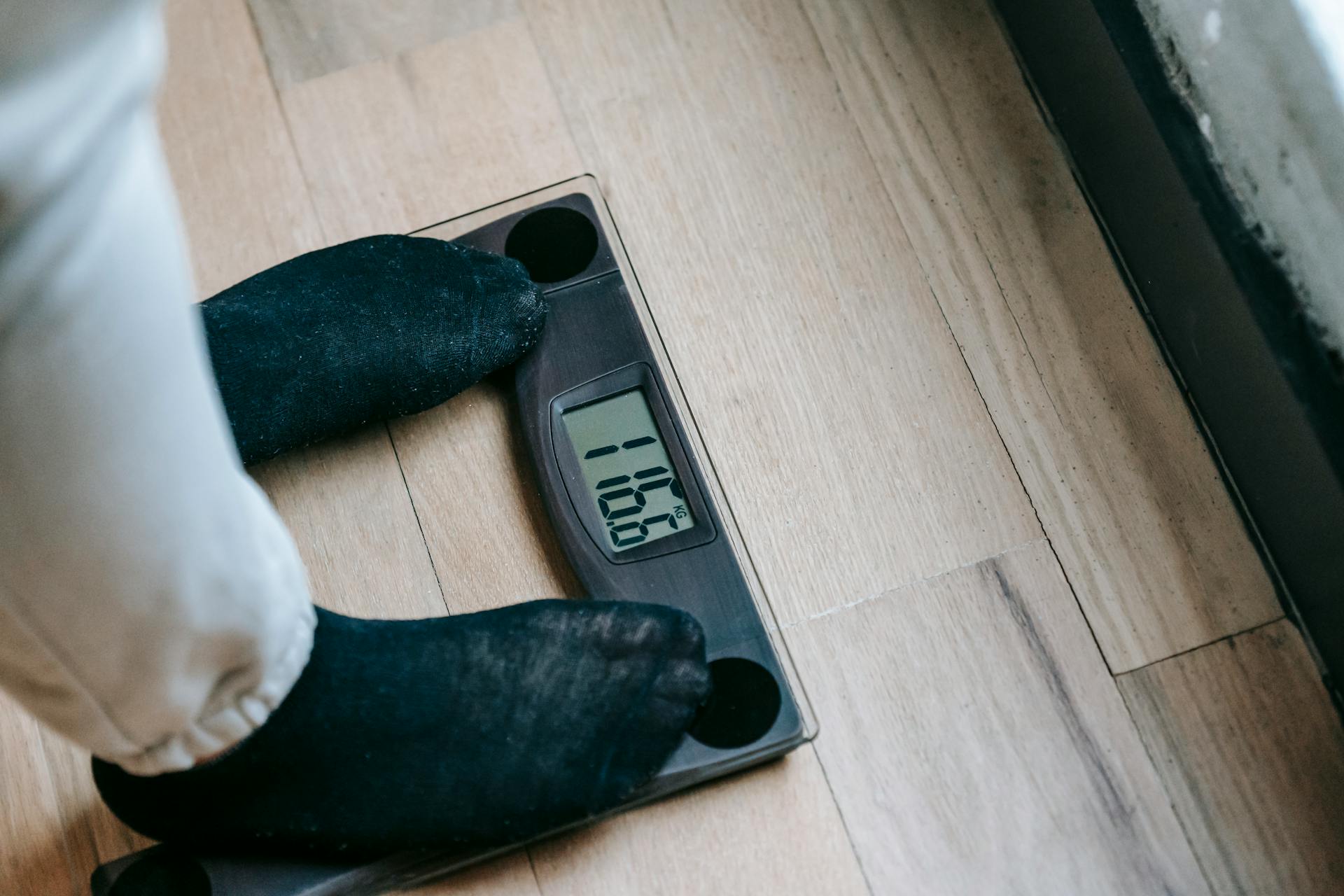Why You Fail to Lose Weight
Losing weight can often feel like an uphill battle, punctuated by disappointments and misconceptions. Despite following what you believe is a solid plan, the scale doesn’t budge, or worse, it tips in the wrong direction. But have you ever paused to ponder what might be going wrong? Here are ten reasons why you might be failing to lose weight, backed by science and experience, and how to turn the tide in your favor.
1. Misunderstanding Caloric Balance
The fundamental principle of weight loss is a caloric deficit, consuming fewer calories than you burn. However, many people misunderstand this balance. It’s not just about eating less but eating right. A study published in the American Journal of Clinical Nutrition found that different foods can affect your hunger, hormones, and how many calories you burn.
2. Inadequate Protein Intake
Protein is a powerhouse when it comes to weight loss. It can curb your appetite, increase feelings of fullness, and even boost your metabolic rate. A study in the International Journal of Obesity reports that high-protein diets can increase metabolism by up to 100 calories per day.
Yet, many dieters do not consume enough protein, which can lead to muscle loss and a slower metabolism. Including a source of protein in every meal can help preserve muscle mass and keep your metabolic rate high as you lose weight.
Also check This: Weight loss clinics
3. Overestimating Calorie Burn During Exercise
Exercise is a fantastic way to improve your health and increase your calorie burn. However, many people overestimate the number of calories they burn during a workout. Fitness trackers and exercise equipment often provide inflated figures, which can lead to overeating if you think you’ve burned more calories than you have.
Understanding that a moderate-intensity workout might only burn 200-300 calories, which is easily negated by eating just one extra snack, can help you avoid this trap. Remember, you can’t out-exercise a bad diet.
4. How Poor Sleep Habits cause issues in weight loss
The importance of sleep in weight loss is often underestimated. Poor sleep can increase your appetite by altering the levels of hormones that signal hunger and satiety. According to the American Journal of Clinical Nutrition, sleep-deprived people consume an average of 385 extra calories per day.
To combat this, aim for 7-9 hours of quality sleep per night. Establish a regular sleep schedule, create a restful environment, and avoid caffeine and electronics before bedtime to improve your sleep quality.
5. Excessive Stress Levels
Stress can be a significant barrier to weight loss. It triggers the release of the hormone cortisol, which can increase appetite and drive abdominal fat storage. A study in Obesity Reviews found that chronic stress is associated with a greater risk of obesity.
Managing stress through mindfulness, meditation, exercise, or hobbies can help reduce its impact on your weight loss efforts. It’s not just about what you eat but also about taking care of your mental health.
6. Liquid Calorie Consumption
Beverages can be the stealthy saboteurs of weight loss. A single can of soda can contain around 150 calories, and a grande coffee drink can pack 400 calories or more. These liquid calories don’t trigger the same sense of fullness as solid foods, making it easy to consume a high number of calories without realizing it.
Switching to water, herbal tea, or black coffee can significantly reduce your calorie intake. Remember, hydration is key, but the calories in your drinks count just as much as those in your food.
7. Unrealistic Expectations and Lack of Patience
Setting unrealistic weight loss goals can lead to frustration and a higher likelihood of giving up. The CDC suggests that a sustainable and healthy rate of weight loss is 1-2 pounds per week, but many people expect to lose much more, much faster.
By setting realistic goals and being patient with the process, you can avoid disappointment. Services such as Image Weight Loss Centers can help set achievable targets and provide the support needed to reach them.
8. Inconsistent Eating Patterns
Irregular eating habits can disrupt your body’s metabolism, making it harder to lose weight. Skipping meals, for example, can lead to overeating later in the day. Consistency is key in signaling to your body when to expect food and when to burn it efficiently.
Aiming to eat at similar times each day can help regulate your appetite and energy levels. Meal planning can also prevent last-minute, less-healthy food choices.
9. Neglecting Fiber Intake
Fiber plays a crucial role in weight loss by enhancing digestion and prolonging the feeling of fullness. High-fiber foods tend to be more filling, and they often require more chewing, which can help slow down your eating pace.
The American Heart Association recommends 25-30 grams of fiber per day, yet the average American only consumes about 15 grams. Incorporating more fruits, vegetables, whole grains, and legumes into your diet can help you meet your fiber needs and aid in weight loss.
10. Failing to Seek Professional Guidance
Sometimes, the best action is to seek help. Weight loss can be complex, and personalized guidance can make all the difference. A professional can help you navigate the challenges of dieting, create a plan that’s tailored to your needs, and provide accountability.
Whether it’s a dietitian, a personal trainer, or a weight loss center like Cypress weight Loss don’t hesitate to reach out for the support that could propel you to success.
Conclusion
Weight loss is a journey that often requires a multifaceted approach. By understanding the common pitfalls and how to avoid them, you can set yourself up for success. It’s not just about cutting calories; it’s about making sustainable changes to your lifestyle, eating habits, and mindset.
Remember, every step forward is progress, and with the right support and knowledge, you can overcome the obstacles that have held you back. Don’t be afraid to seek out resources and professional advice to help you on your path to a healthier you.
Losing weight isn’t easy, but by recognizing these ten common mistakes, you can take control of your weight loss journey and move towards your goals confidently.


